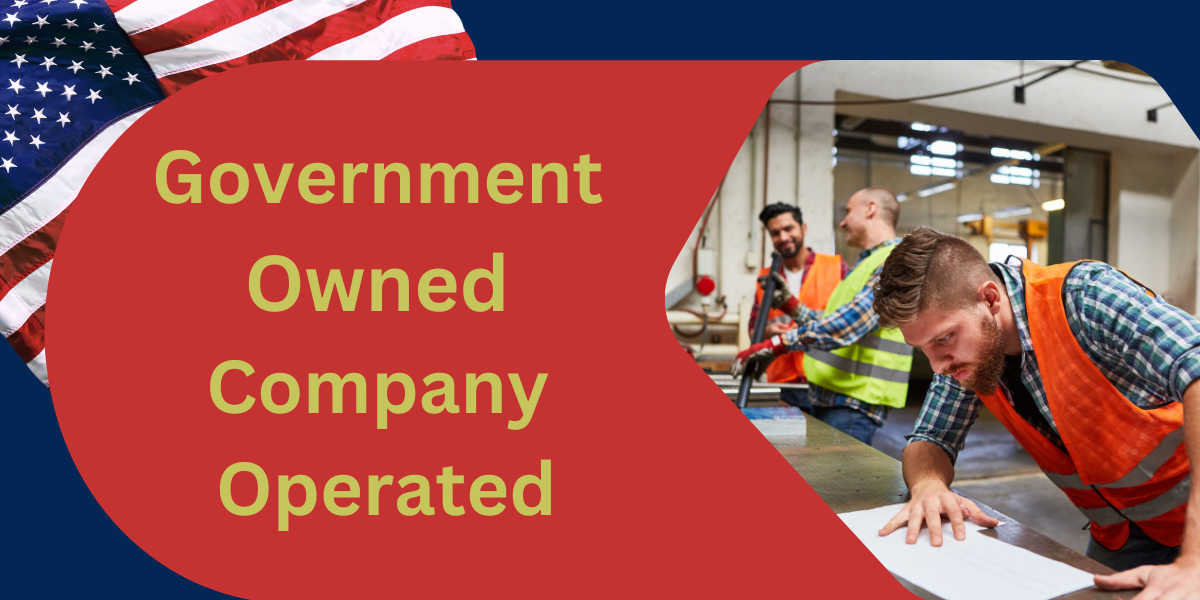Government Owned company operated.
Government-owned company operated (GOCO) is a business model in which a government entity, such as a federal or state government, owns a company and contracts with a private entity to manage the day-to-day operations of the business. This model is common in industries such as defense, energy, and transportation, where the government seeks to retain control over essential services while benefiting from the efficiency and expertise of private management.
Benefits of the GOCO Model
The GOCO model offers several benefits to both the government and the private sector. For the government, owning the company ensures that it can maintain control over the essential services that the company provides, while allowing it to benefit from the expertise and efficiency of private sector management. This model also allows the government to avoid the high costs of starting a new business from scratch.
For the private sector, the GOCO model offers a stable source of income and a chance to work on projects that have significant social impact. This model also allows private companies to benefit from the reputation and credibility that comes with being associated with a government-owned company.

Examples of GOCO Companies
The GOCO model is widely used across different industries, and several companies operate under this model. Government Owned Company Operated One such example is the United States Enrichment Corporation (USEC), which is a government-owned company that operates the only facility in the United States that enriches uranium for use in nuclear reactors. USEC contracts with private companies to operate the facility and ensure that the enrichment process meets the government’s standards.
Another example of a GOCO company is the Federal Prison Industries (FPI), which is a government-owned company that operates factories inside federal prisons. FPI contracts with private companies to manage the day-to-day operations of the factories, which produce a variety of goods and services for sale to government agencies and private businesses.
Challenges of the GOCO Model
While the GOCO model offers several benefits, it also poses several challenges. One challenge is the potential for conflicts of interest between the government and the private sector. For example, private sector management may prioritize profits over the government’s mission of providing essential services. Additionally, the government may prioritize political goals over the efficient operation of the business.
Another challenge is the potential for the government to become too reliant on the private sector. If the private company were to fail or terminate its contract with the government, it could create significant disruptions in essential services, as the government may not have the expertise or resources to operate the business on its own.
Conclusion
The GOCO model is a complex business model that offers both benefits and challenges to the government and the private sector. While the model allows the government to maintain control over essential services while benefiting from private sector management, it also poses several challenges, such as potential conflicts of interest and reliance on the private sector. Ultimately, the success of the GOCO model depends on careful planning and management to ensure that the government’s mission of providing essential services is not compromised by the pursuit of profits.












